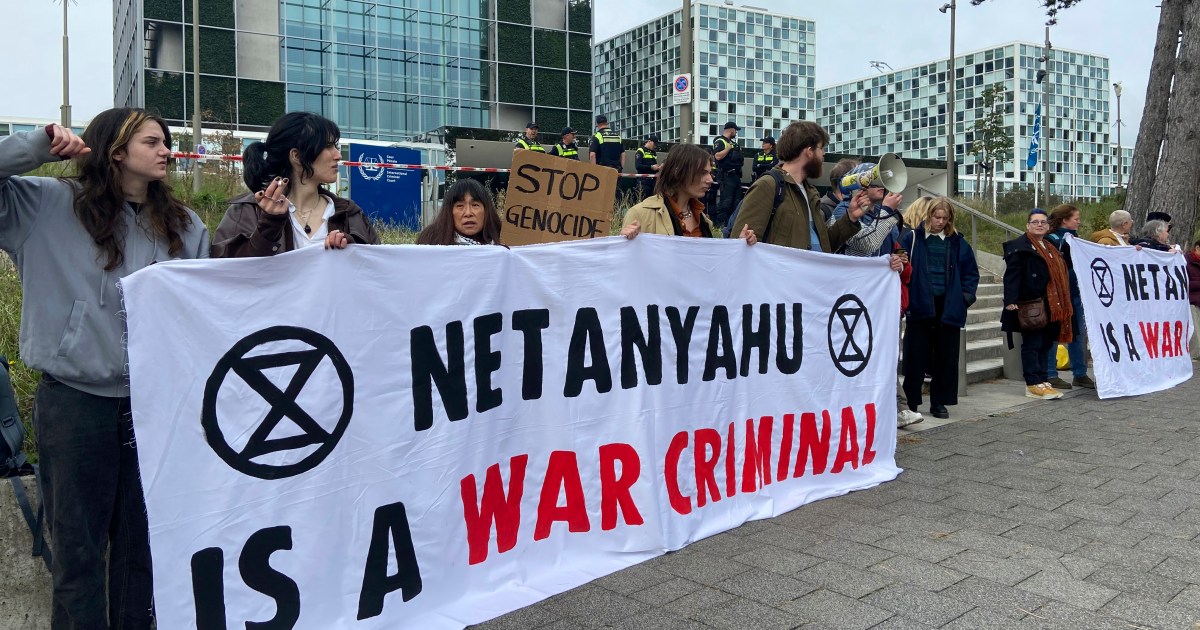A Dutch court is set to deliberate on a case accusing the Netherlands of complicity in war crimes in Gaza, with human rights groups alleging that the state’s export of plane components to Israel contributes to the commission of alleged war crimes. The case, launched by Dutch branches of Amnesty International and Oxfam, focuses on the export of F-35 fighter jet parts, claiming that these actions make the Netherlands complicit in the reported violations of humanitarian law by Israel in Gaza.
Case Details:
The trial, commencing on Monday, asserts that the Netherlands’ role in exporting reserve parts for Israeli F-35 fighter jets while the conflict persists contributes to “wide scale and serious violations of humanitarian law by Israel in Gaza.” Human rights organizations argue that such exports implicate the Netherlands in alleged war crimes, and the court will hear the claimants’ case and the response from lawyers representing the Dutch state. A ruling is anticipated within two weeks.
Netherlands’ Role:
The Netherlands houses a regional warehouse storing US-owned F-35 parts, which can be distributed to partner countries, including Israel. Documents reveal that several weeks after the October 7 Hamas attacks, the Dutch government permitted a shipment of reserve parts for Israeli F-35s. The case has ignited debate on the ethical responsibility of the Netherlands in contributing to the Israeli military capabilities amid the ongoing conflict.
Government Response:
Defense Minister Kajsa Ollongren declined to comment on the allegations before legal proceedings but later, in a letter to parliament, the Dutch Ministry of Defence stated that, based on current information, there is no evidence indicating the involvement of F-35s in severe violations of humanitarian laws of war. The Israeli government has consistently denied committing war crimes in Gaza.
International Stance:
While the Netherlands, in line with the broader European Union, maintains that Israel has the right to self-defense in accordance with humanitarian and international law, the government has not joined calls for a ceasefire, contrasting with some EU peers like Belgium and Spain.
Conclusion:
As the Dutch court begins hearings on the alleged complicity of the Netherlands in war crimes related to Israeli military supplies, the case raises critical questions about the ethical implications of arms exports during ongoing conflicts. The outcome of this trial will not only impact the Netherlands’ stance but may also influence broader discussions on the accountability of states involved in arms trade amid humanitarian crises.















